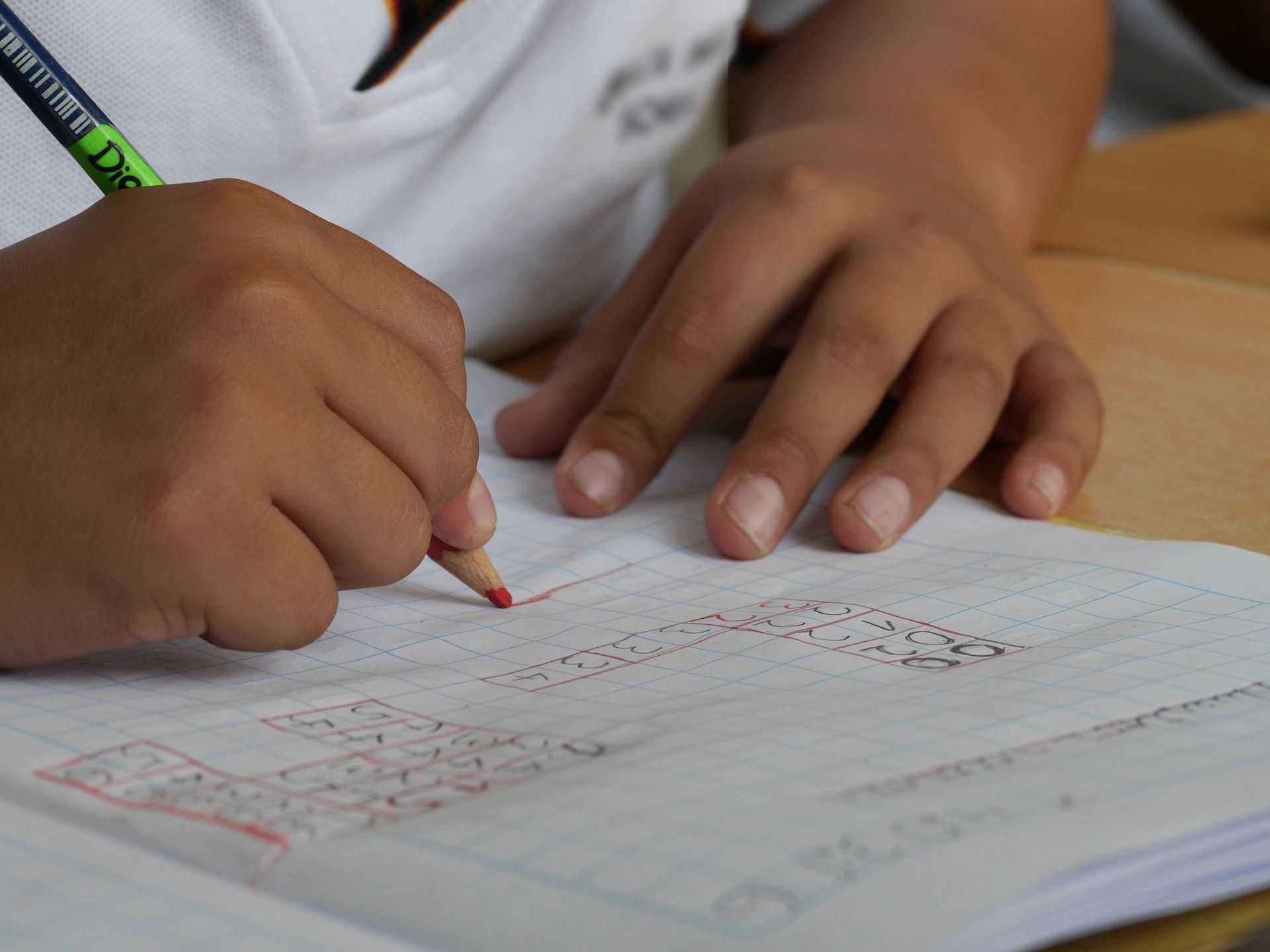
One innovative concept in the field of education that is fast catching up in recent times is homeschooling. Home education, on the face of it, implies educating children at home or even at other places, but certainly not in the formal school.
Home education generally is given by the parents—mother or father or by the tutors. In recent times, online coaching is also gaining currency. This alternative method to school education, that has been in vogue for some time in the west, has now made inroads in our own country.
In ancient days, in the absence of any government-sponsored public instruction, homeschooling, of course with a difference, was the order of the day. Education was limited to the learning of ethics, morals, rudimentary mathematics, epics, religious texts etc. Children were taught at home in the most informal way. Children of kings, nobles and the opulent had tutors. There were also gurukuls where the wards were left to the care of the guru. For common people, the dictum was “gentlemen can do well without education.”
But in modern times, with the emerging complexities of social and economic necessities, the need for formal general education and the responsibility of the governments for furthering it was increasingly felt. It was not until the outbreak of reformation and renaissance movements that even in Europe, the importance of general education was felt. In the post-industrial revolution phase, the need for mass education resurfaced.
In the Indian context, the East India Company never thought that educating the masses was a responsibility until almost the beginning of the 19th century.
Along with the government, several non-governmental, religious and charitable organisations stepped in to extend education to the masses. It is at this stage of rapid expansion of educational activity that by the 1960s and 1970s, the concept of homeschooling in India gained momentum.
On the positive side, in homeschooling, parents will have the benefit of determining the curriculum of their children who learn in the comfort of the home without wasting time in travel and undergoing the urban transport woes. The parents can formulate best teaching methods to make children learn. This also will help parents spend more time with children on difficult concepts than on lessons which they already know.
A significant advantage of homeschooling would be that children could be insulated from the negative trends like drugs, juvenile delinquencies etc, which are encountered in schools sometimes. Personal attention on children could be bestowed more in homeschooling than in ordinary schools. But all the positive aspects in homeschooling seem to stop just here.
Helicopter parenting
The biggest disadvantage of the system lies in the fact that the children always are made to be in the company of parents for everything and are denied opportunities to be on their own or to express their views in a forthright way, which normally they could do with peers and teachers in school. This kind of “helicopter parenting” by hovering around the children may impede their emotional growth in the long run. In some cases, parents may take up homeschooling in order to provide instruction from a specific religious and theological point of view. This may end up in the child growing with a sectarian world view. With the inherent generational gap, the parents may not be able to gauge the child’s emotional quotient.
Even on the economic side, the expenditure on reading and teaching materials, the lab equipment for science classes etc, will be prohibitive for homeschooling while in the formal school, it will be cost-effective.
Major drawback
In most cases, no parent will be omnipotent in teaching every subject the child has to read. In such a situation, the child will suffer when the knowledge of the parent is not sufficient for a particular subject. However, a major drawback in the system is the social skills the children imbibe in a large group of same-age children at school. This will be missed in homeschooling.
Finding playmates for homeschooled children and sending them to recreational facilities may not work out the way we think. Homeschooling comes handy for child prodigies in the field of sports, movies and music who cannot pursue regular schooling but can afford to engage quality tutors. But the requirement in such instances will be limited to enhancing communication and language skills, social etiquette and not the entire curriculum.
For a short span, it may be advantageous but for the entire career of the child, homeschooling may be beset with inherent drawbacks. Homeschooling might be an alternative to bad schooling but can never be an alternative to formal schools.
Homeschooling can, at best, be used as a form of supplemental education and as a way of helping children learn more, apart from what they are taught at school.
(The writer is former professor of History, University of Hyderabad)